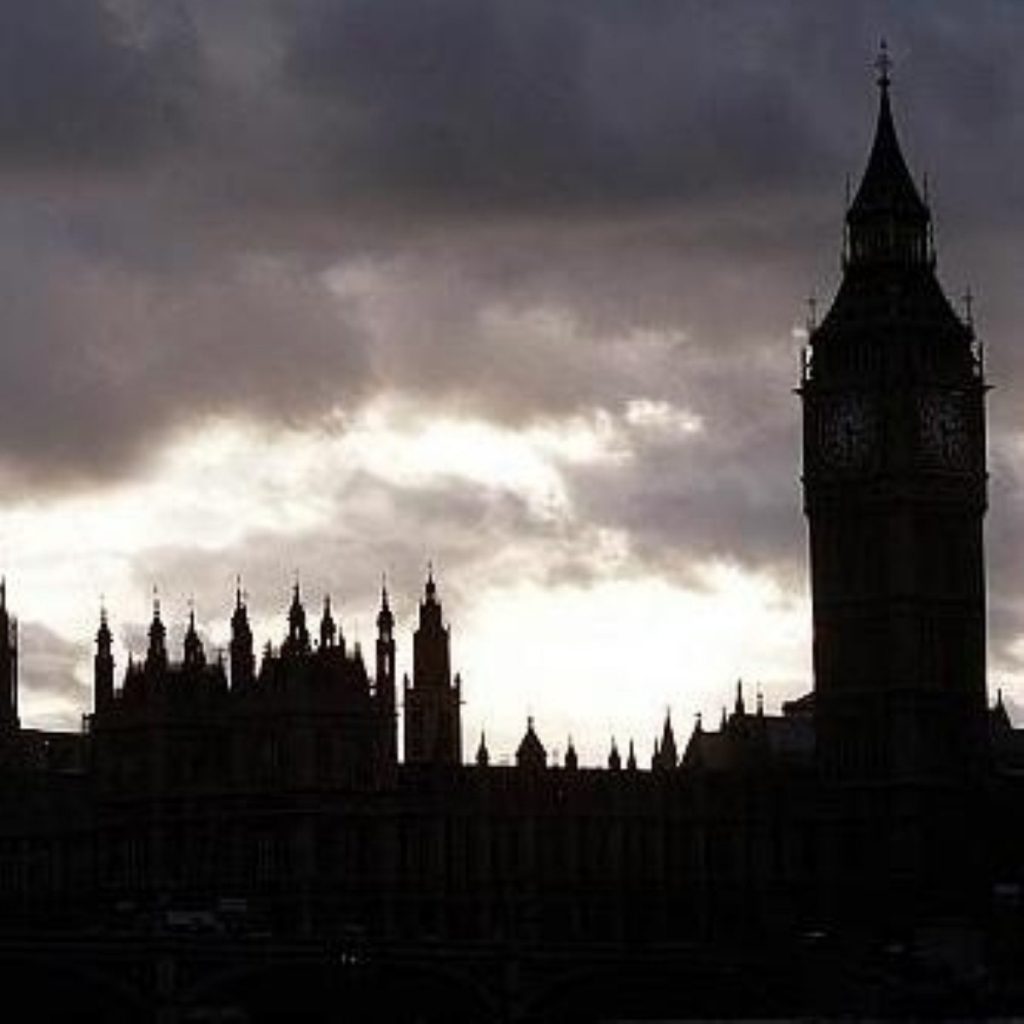Gulf divides press and politicians
Labour activists displayed their contempt for journalists at a fringe meeting in Manchester today.
The hostility came amid a conference in which journalists have been seeking to interpret whether senior Labour politicians are sending “coded messages” against the leadership of Gordon Brown.
One activist talked of a “media witchhunt against Gordon Brown”. Another condemned an attempt to see a show of hands on whether Siobhain McDonagh was right to ask for leadership papers by BBC journalist Martha McKearney.
The heated session, hosted by YouGovStone and Polis at the Labour party conference in Manchester, began with a balanced approached by Europe minister Denis MacShane.


“In the end, a commanding politician confident of what he or she believes in. will always trump the journalist,” he said.
But Andrew Gilligan, the journalist whose story about the “sexed-up” Iraq dossier prompted the Hutton inquiry and a confrontation between the BBC and the government, polarised opinion with his remarks about the latter.
“It’s a vicious circle for all concerned,” he explained. “The media, whenever there’s a split, pounce upon it. Open debate is characterised as division and despair.
“The answer may be that conference isn’t the forum any more that activists expect people to talk about these things. If you’re really honest you’ll admit the conversation we’re having here are surreal.”
Former home secretary Charles Clarke admitted both politicians and media need to look again at their practices and consider making a reassessment.
Discussing his lectures on the government’s policy in the approach to last year’s leadership election won by Mr Brown, he complained: “Everything was thought to be a ‘coded message’ about what I thought of the prime minister.”
“It is frustrating because how you get to a discussion outside the agenda which is set outside the media circus is a very, very difficult problem.”
This issue may be partly to blame for relatively low levels of political engagement seen in British politics, author and journalist Charlie Beckett suggested.
He argued voters are losing interest in both conventional politics and traditional media outlets.
“This conference reminds us of the gap between reality and illusion,” Mr Beckett warned. “The public isn’t paying attention any more.”

